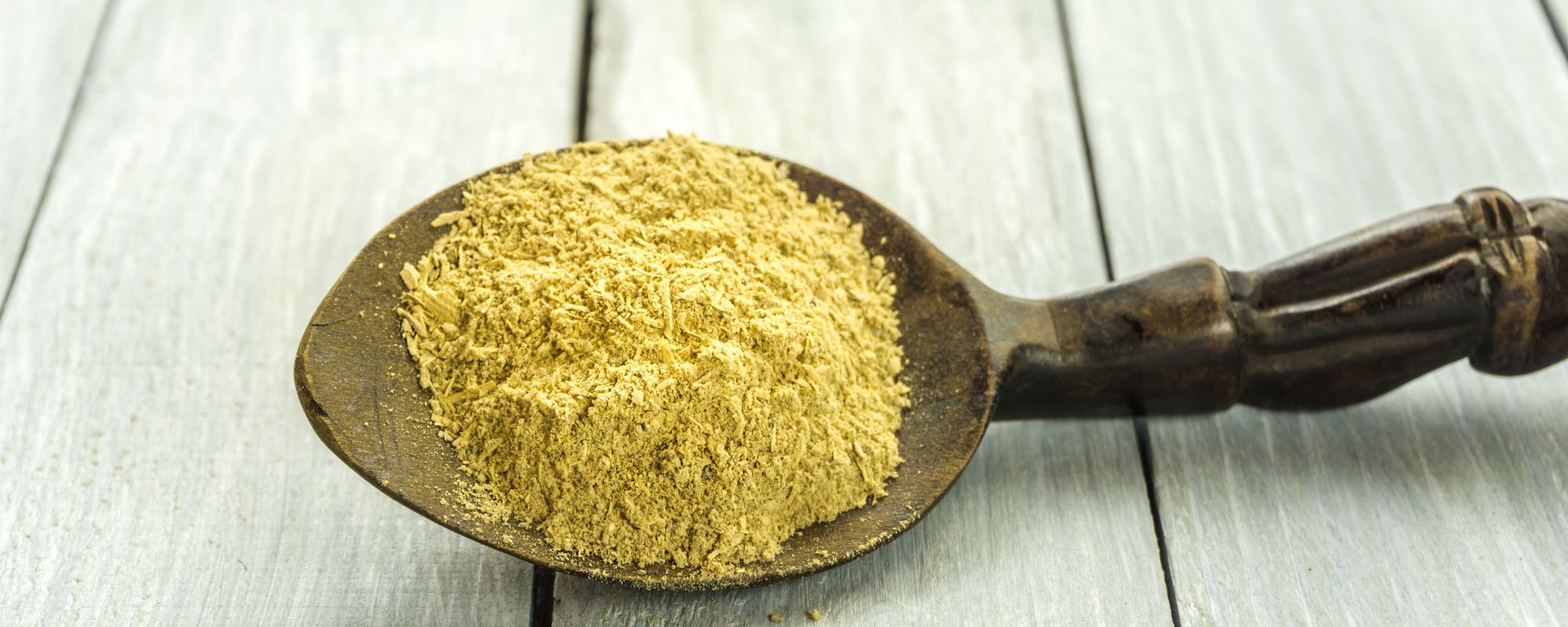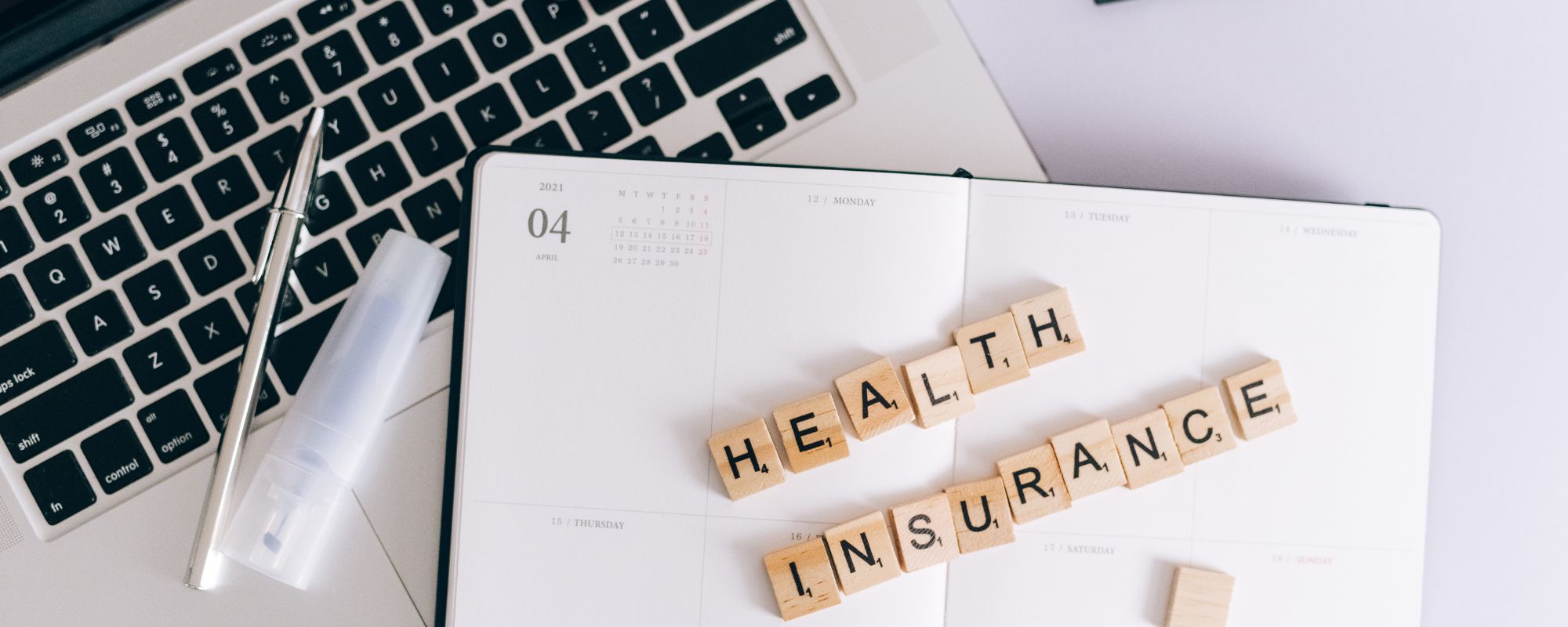Giving and taking is important in every healthy relationship, but how is giving important for your relationship with yourself? Your relationship with yourself is the most important relationship to actively work on, and in addiction treatment it’s all about bettering yourself and learning a new way of life. Royal Life Centers at Chapter 5 encourages guests to give back, not just because it’s a good thing to do, but also because it offers proven health benefits. With a brain hardwired for happiness, the brain gives rewards in response to giving.
Giving = Happiness
We already have explored the benefits of volunteer work, but small acts of generosity offer health benefits too. Scientists conducted a study to see the effects of generosity on the brain, and with brain scanning machines, they were able to see that the regions associated with socializing, decision-making, and happiness were positively effected. Small acts of generosity triggered changes in the brain that actually make people happier.
Why Give?
Giving provides serious gains in your health. Not only does giving make you happier, but it also promotes social connectedness, is proven beneficial in people with chronic illness, decreases stress, and evokes gratitude. Barbara Fredrickson, a researcher, says that cultivating gratitude in your everyday life is a key to increasing personal happiness; in her book “Positivity,” Fredrickson writes “When you express your gratitude in words or actions, you not only boost your own positivity, but other people’s as well, and in the process you reinforce their kindness and strengthen your bond to one another” (Suttie).
The Karmic Cycle
We’ve all heard that what goes around comes around. The same cycle applies to acts of generosity, as scientists cite that small acts of generosity lead to others wanting to help the original helper. So others who are giving, actually end up receiving not only the satisfaction of helping others, but being helped in return. Giving and taking is a key element in healthy relationships, and is otherwise known as reciprocity. Helping others increases cohesion in a group, and helping others could eventually benefit those who actively give back to others. This healthy cycle proves that what goes around does come back around.
Giving vs. Taking
Being helpful to others actually benefits you too. Professor Kit Yarrow from Golden Gate University says “We, as humans, function best when we feel connected to each other, we’re designed to respond empathetically to each other, and for our self-interest to be balanced by protection of the greater good. In other words, we’re pre-wired to receive pleasure from helping others, which include generosity” (Mozes).
In a study conducted in Switzerland, 50 participants were split into two groups. One group committed to spending a certain amount of money on others for the month, while the other group committed to spending the same amount of money on themselves. The portion of participants who spent money on others reported how happy they felt through out the experiment, while the other portion of participants saw no change in happiness after spending money on themselves. Researchers found that those who gave to others not only had a higher self-reported happiness, but their brain scans showed a significant shift in happiness as well (Mozes).
How People Give
We see a lot of people giving back around certain times of year, like the holiday season. People who gave during the holidays experienced tremendous joy, not just from giving back but in anticipation of the effect their generosity would have on others. Donating toys to underprivileged children is one example, as givers will feel happiness in providing those children with something that they will be able to unwrap on Christmas morning. Many people donate money to charity, donate their time to others, and just help out where they are needed. The impact of giving is so powerful, generosity will boost the view we have on ourselves— boosting self-esteem due to performing esteem-able acts.
How You Can Give Back in Addiction Recovery
In many addiction recovery programs, volunteering opportunities present themselves for guests to take advantage of. Royal Life Centers loves to be involved in the communities we call home, so we provide many volunteering opportunities for guests if they would like to participate in giving back to the community. Other programs that we introduce guests to, like 12-step programs of recovery like Alcoholics Anonymous or Narcotics Anonymous, are based around helping other alcoholics or addicts that need guidance. Helping a fellow alcoholic or addict is another way to give back, helping and providing the support you once received from others in 12-step programs of recovery.
Whether you do something small or big, if you are doing something generous, it will effect your life positively. Here are some ways to give back when you are in addiction recovery:
• Give Feedback
During group therapy, show support and give honest feedback to your peers. Relate to their experiences and help them through obstacles by giving feedback about how you overcame the same struggles. Even just adding in your perspective is a helpful way to give back.
• Helpfulness
Never underestimate the power of helping others. You can help another peer by helping them unpack their belongings, showing them around the facility, and offering them support. You can be helpful just by listening to another person when they need someone to talk to.
• Sign Up for Volunteering Opportunities
Sign up to pick up litter in a roadway or help out at a soup kitchen. There are so many ways to be generous to those less fortunate than you in your community. If there is an organization you would like to volunteer for that isn’t already available to you, speak to your therapist and case manager about it.
• Ask
Ask those around you, and your case manager, how you can be helpful to others. Whether they direct you to bring new guests under your wing, or set up volunteering events, just asking how you can be generous will open up a door of possibilities.
References:
Mozes, Alan. “Givers Really Are Happier Than Takers.” WebMD, WebMD, 15 Aug. 2017, www.webmd.com/balance/news/20170815/givers-really-are-happier-than-takers#1.
Suttie, Jill, and Jason Marsh. “5 Ways Giving Is Good for You.” Greater Good Magazine, University of California at Berkeley, 13 Dec. 2010, greatergood.berkeley.edu/article/item/5_ways_giving_is_good_for_you/.
If you or someone you know is struggling with an addiction, please reach out to our addiction specialists for guidance and support at (877)-RECOVERY or (888) 534-9140. Our team is available to take your calls 24/7. Because We Care.






